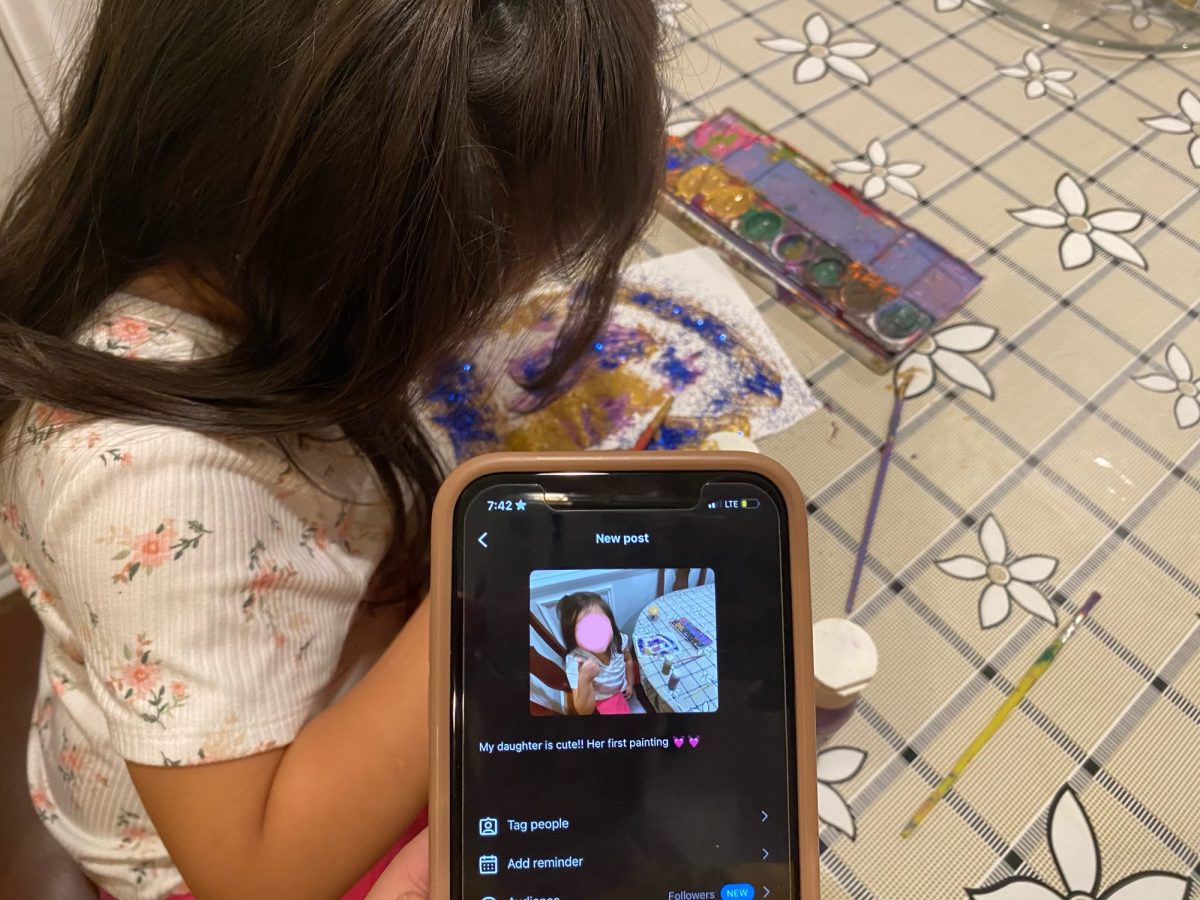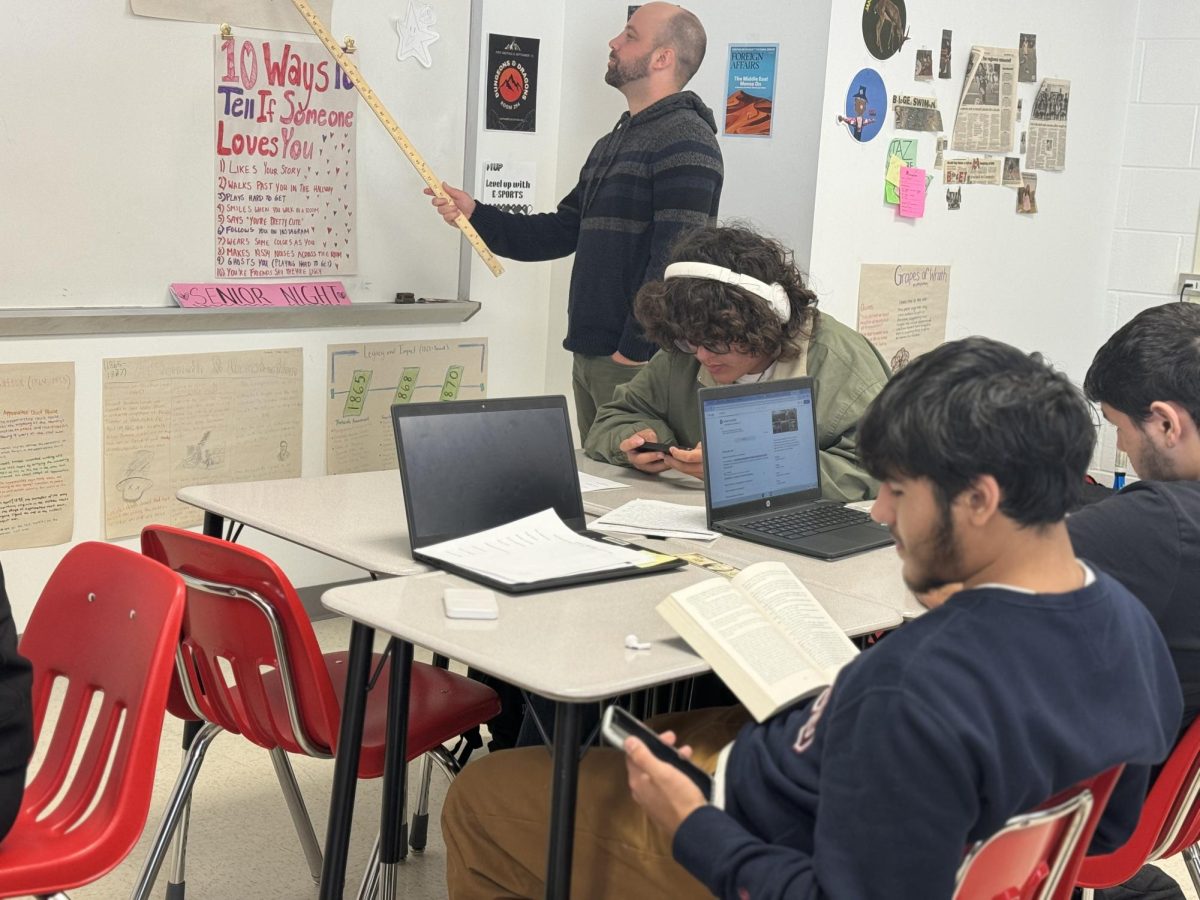“Congress shall make no law respecting an establishment of religion, or prohibiting the free exercise thereof; or abridging the freedom of speech, or of the press; or the right of the people peaceably to assemble, and to petition the government for a redress of grievances” — United States Constitution
The United States is widely known to be one of the freest countries in the world, a reputation earned in part by the Supreme Court’s history of defending citizens’ right to free speech. Countless court cases have granted Americans the right to display obscenity in the media, curse, protest political decisions, insult officials and endorse the violent overthrow of the government, among other actions whose legality would be inconceivable in more oppressive countries. Recent actions undertaken by U.S. citizens, however, have brought America’s extensive freedom into question, and have caused people throughout the world to question: does America need censorship?
In late July, word began to spread that a nondenominational church located in Gainesville, Florida, was planning to host a demonstration for September 11, in which members of the congregation would ceremonially burn Qurans to protest the Islam faith. Pastor Terry Jones, who created the concept of “International Burn a Koran Day,” stated that burning the holy Muslim text would express his church’s belief that Islam “is the religion of the devil” and “that it’s causing billions of people to go to hell.” As the word spread, the church’s intended protest sparked a media firestorm which sparked intense discussion throughout America and the Middle East.
Jones’ plan angered millions of Americans, Muslim or otherwise, for good reason. Many Christian groups harshly criticized Jones for undermining the integrity of their shared religion, and members of the Islam faith were righteously incensed by his plan to desecrate their holy text. As September 11 neared, even prominent members of the government became involved. President Obama condemned the demonstration, and Jones received personal calls from Pentagon officials concerned over the volatile effect his actions could have on troops stationed in the Middle East. The Imam of the Muslim community center currently under construction about two blocks from New York City’s Ground Zero also tried to initiate a meeting with Jones, who found the building’s proximity to the sight of the September 11 tragedy disrespectful.
The main debate concerning the demonstration, however, focused on whether Jones had the basic right to express his views against the Islam faith in such a radical manner. Many felt that his actions would negatively affect America’s domestic and international situation, and that the government should intervene to keep the protest from occurring. A larger faction of citizens, however, felt that the demonstration was protected by Jones’ First Amendment rights, and that government intervention would be unconstitutional. From around the globe, people added to the slew of opinions, with many international residents endorsing the view that America granted its citizens too much leeway to publicly express potentially offensive views and opinions.
First Amendment rights are at the core of the U.S. belief system, but many freedom of expression cases can seem trivial, or even ridiculous. A news story released on September 16 covered a teen’s suspension from school for violating its dress code. Freshman Ariana Iacono, whose nose ring proved objectionable to administrators at her Raleigh high school, said that her suspension was a violation of her rights because the accessory was an extension of her membership in the Church of Body Modification, a verifiable religious organization with clergymen and a statement of beliefs.
Iacono and her mother, also a member of the religious organization, are appealing her punishment, arguing that the school refuses to acknowledge the girl’s First Amendment rights only because they are not familiar with her sect. Though they possess a valid argument in the eyes of the law, their issue pales dramatically when compared with such cases as Cox vs. Louisiana, which concerned a civil rights protest.
Americans are one of the few groups of citizens able to claim virtual freedom of expression, a privilege denied to the vast majority of people in the world. Along with that advantage, however, comes the responsibility of citizens to determine the worthiness and integrity of the message they wish to express.





